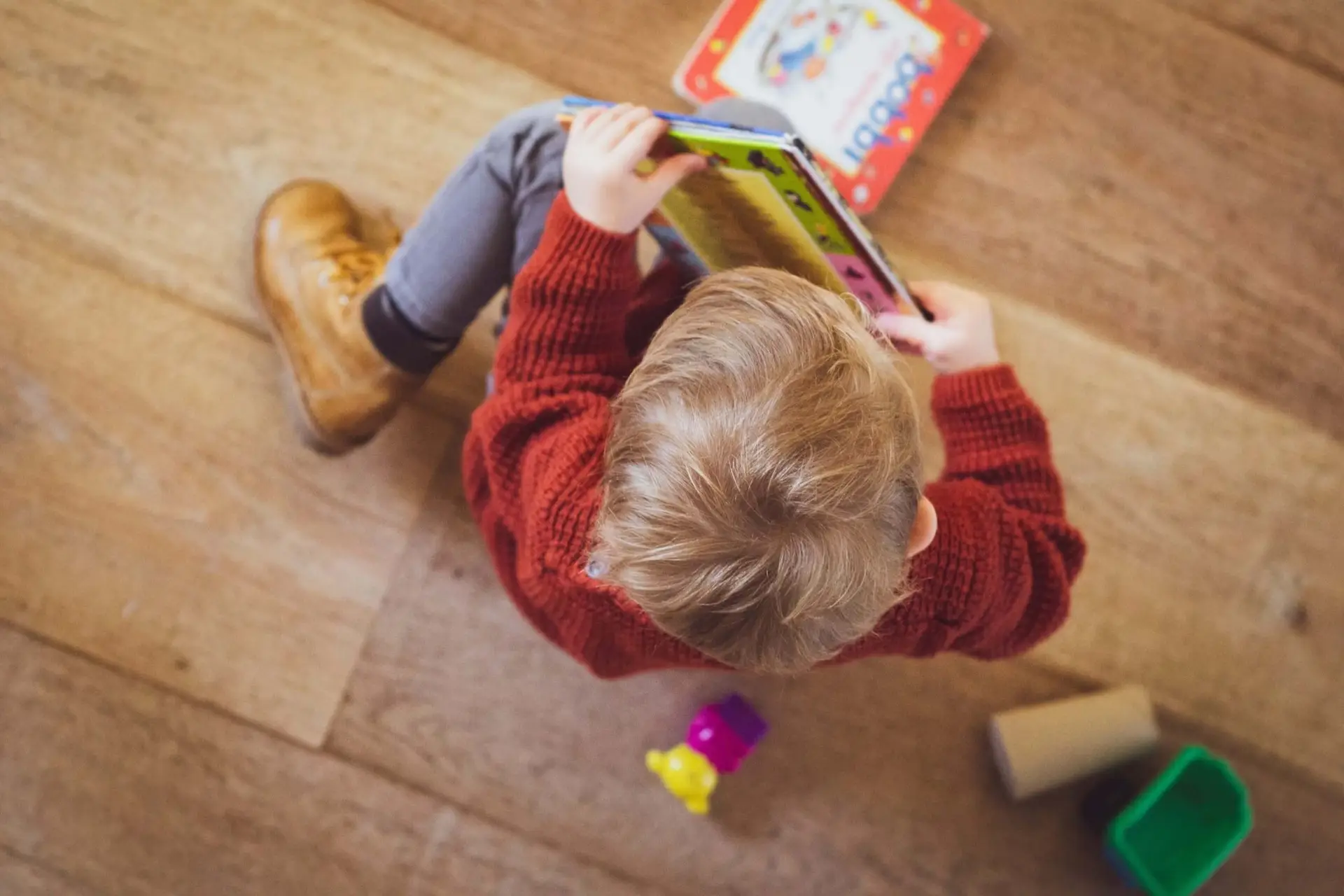We want our kids to be smart, savvy, and emotionally intelligent. While books can be a valuable resource for teaching children about the world around them, not all books are created equal. In fact, some children’s books can actually be harmful to our children’s mental health. From reinforcing harmful gender stereotypes to promoting unrealistic expectations, it’s important to be aware of the impact that inappropriate children’s books can have on our kids.
1. Reinforcing Harmful Gender Stereotypes
Children’s books have a tremendous impact on shaping the way our children view the world around them. Unfortunately, too many children’s books are riddled with gender stereotypes, which harms our kids. For example, many books still reinforce the idea that boys should be strong and tough while girls should be pretty and nurturing. Send a message to our daughters that their worth is tied to their appearance, while our sons may feel pressure to be aggressive and unemotional.
2. Inappropriate Children’s Books Promote Unrealistic Expectations
Another way that children’s books can be harmful is by promoting unrealistic expectations. For example, many books portray a perfect, idyllic world where everything is happy and problem-free. While this may be great entertainment, it can be harmful to our children’s mental health by creating unrealistic expectations. When our kids are confronted with real-world problems, they often feel overwhelmed or defeated because they have never been exposed to realistic portrayals of life’s challenges.
3. Reinforcing Negative Self-image
Children’s books that promote negative self-image can be particularly harmful to our kids’ mental health. For example, books that portray thinness as the ultimate goal can contribute to body dysmorphia and eating disorders. Books that promote unrealistic beauty standards can also contribute to a negative self-image. When our children see unrealistic portrayals of beauty, they may feel pressure to conform to these standards, leading to feelings of inadequacy and low self-esteem.
4. Reinforcing Stereotypes About Race and Ethnicity
Children’s books can also perpetuate harmful stereotypes about race and ethnicity. From portraying characters of color as exotic or foreign to ignoring the existence of diverse communities altogether, these books can send a message to our kids that people of different races and ethnicities are not as valuable or important. This can contribute to feelings of alienation and low self-worth, which can be harmful to our children’s mental health.
5. The Importance of Vetting Children’s Books
Given the potential impact that inappropriate children’s books can have on our kids, it’s important to vet them carefully before presenting them to our children. Look for books that promote positive self-image, realistic portrayals of life’s challenges and triumphs, and diverse perspectives on the world around us. By carefully curating our children’s bookshelves, we can help promote healthy self-esteem and a positive outlook on life.
Conclusion
Children’s books can be a wonderful resource in shaping our children’s minds, but it is crucial to be mindful of the content they consume. By selecting books that promote a healthy outlook and tackle important topics in a sensitive manner, we can help foster resilient children who are well-equipped to face the challenges of life. Moreover, in conjunction with responsible book choices, regulate which apps they can or cannot access. This added control enables parents to ensure a safe and enriching digital experience for their children. By combining thoughtful book selection and responsible digital parenting through Troomi Wireless, we can create an environment that nurtures our children’s growth and well-being.
Interested in what Troomi can do for your kids? Click here to learn more!


